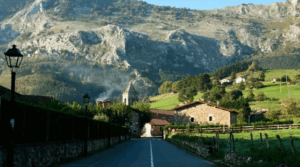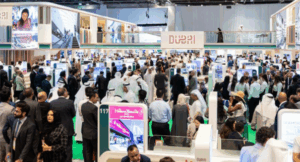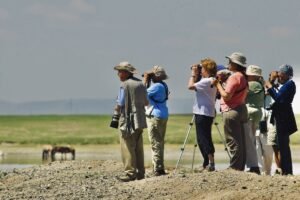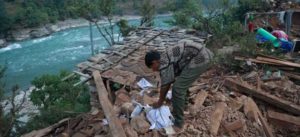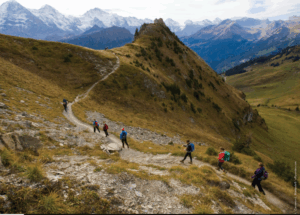Sustainable Development Goals : Quotes on travel and tourism
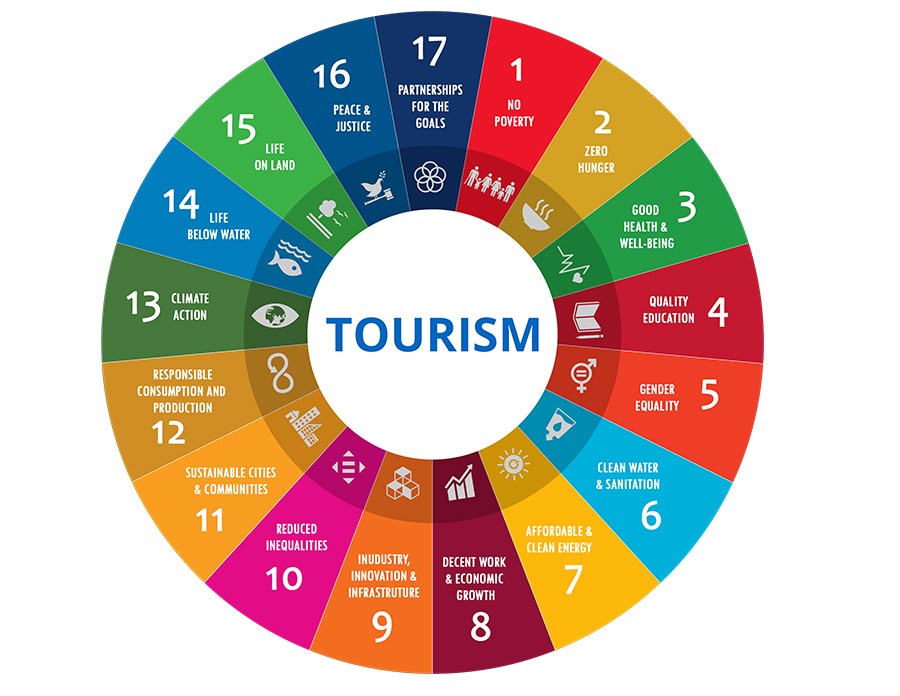
Restarting Tourism – Quotes on Travel And Tourism
Zurab Pololikashvili , Secretary-General , World Tourism Organization (UNWTO)
“With tourism among the worst affected of all major economic sectors due to COVID-19, UNWTO is taking the lead in ensuring governments do all they can to safeguard livelihoods and shield the most vulnerable members of society. This crisis has shown the strength of solidarity across borders. But nice words and gestures will not protect jobs or help the many millions of people whose lives are dependent on a thriving tourism sector. Governments have an opportunity to recognize tourism’s unique ability to not only provide employment but to drive equality and inclusivity. Our sector has proven its ability to bounce back and help societies recover. We ask that tourism is now given the right support to once again lead recovery efforts.”
Gloria Guevara . President & CEO , World Travel & Tourism Council (WTTC)

“WTTC wants to pay tribute to the millions of amazing coronavirus heroes throughout the global Travel & Tourism sector for selflessly going the extra mile to help their communities to overcome and combat the Covid-19 pandemic threat. This has ranged from furloughed airline cabin crew being deployed to help in hospitals, to operating additional flights for medical cargo, luxury hotels opening their doors to provide free rooms to healthcare workers or helping with grocery shopping and running errands for the elderly self-isolating.
We recognise their quiet heroism and phenomenal dedication through using their incredible people skills developed during their normal working lives and wealth of experience to step up and offer essential help and assistance to those on the front line fighting this terrible virus. Whether its tending to the sick, opening hotels for health workers or manning foodbanks, they, like countless others have risen to the challenge and shown with their hearts and actions that we are stronger together and we will win this battle.”
Alexandre de Juniac , Director General & CEO, International Air Transport Association (IATA)

“The impact of the COVID-19 crisis is continuously evolving and deepening as the fight against the virus continues. The COVID-19 crisis is a human and health tragedy. It has also become an economic crisis.The world faces a sharp and deep recession as economic activity slows. Nowhere is this more visible than in the rows of airplanes parked at airports with nowhere to go. A thriving industry, connecting the world with 4.5 billion passenger journeys and transporting 60 million tonnes of freight a year, has been brought to a shuddering halt.
Aviation is fully behind government efforts to fight this contagion. But that has severe consequences for the airline industry, the 2.7 million people who are directly employed by airlines, and the 65.5 million jobs in the value chain that aviation supports. There is very little money coming into the industry. And with two million flight cancellations already, a huge number of travelers have had their trips disrupted. Airlines are doing their best to find solutions for their customers. But in this totally unprecedented situation, there are no easy solutions.”
Dr. Mario Hardy, CEO, Pacific Asia Travel Association (PATA)

“We can only hope that COVID -19 pandemic is brought under absolute control quickly and effectively, enabling the global travel and tourism industry to get back on its feet, re-employ the millions of people who lost their positions and create even more employment opportunities both directly and for the upstream and downstream sectors that rely on it.
While there are obvious reductions in arrivals, there still remains a significant volume of visitors expected into Asia Pacific through 2020, with just under half-a-billion such travellers still generating almost US$600 billion, with each visitor still requiring and expecting the attention and service that this region has become famous for delivering. Nevertheless, perceptions are difficult to change so recovery might take longer in the minds of many potential travellers. This however gives us time to reconsider the position we had created up to 2019; if numbers return only slowly, the obvious imperative will be to offer travellers such incentives that they remain in the destination longer and see more of what it has to offer. The metric should therefore shift from the numbers of arrivals, to time spent in any one destination and the dispersion across it. Receipts will then follow.”


